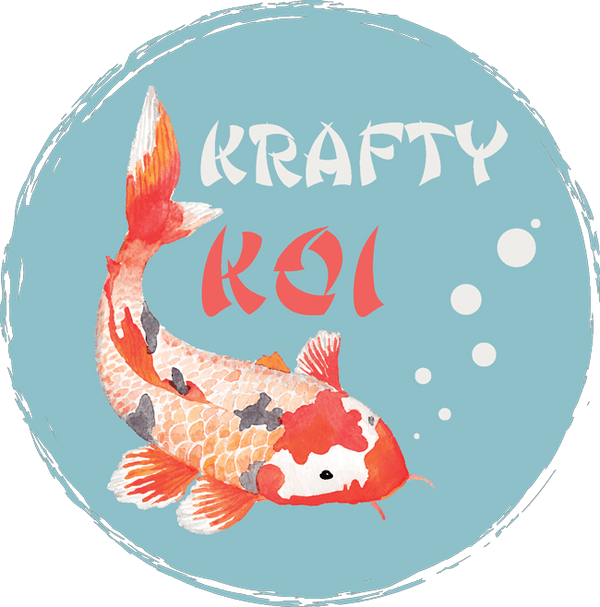The changing seasons present a variety of challenges if you are to maintain a healthy environment in your fish pond. It is vital that you act accordingly.
Leaves
As the warmth of summer wains and autumn arrives the leaves begin the fall from the trees. If leaves drop into your pond they will decay and ruin the balance of the water. Your skimmer is not designed to catch large volumes of leaves so a heavy leaf fall could clog up your skimmer several times in a single day. You can opt to skim leaves from the surface of your pond manually or to use a syphon or pond vacuum but this will become a significant drain on your time. An alternative would be to cover your pond with leaf netting. No matter how you choose to keep your pond clear of fallen leaves it is an important element of pond management. Any debris, decaying plant matter and sludge should be removed.
Feeding with Winter Pond Food
As the water temperature drops, so the koi's metabolisms slow down. They require less food in the winter months as long as they have built up sufficient fat reserves in the summer. Once the water has dropped beneath 70 degrees you should feed only once a day. When the temperature drops below 60 degrees feed only two or three times a week. Choose a good winter pond food as this will contain the correct balance of nutrients for the season. If the temperature drops to below 50 degrees then stop feeding completely.
Ice
When ice forms on your pond, decaying organics can cause toxic gasses to become trapped in the water. It is vital that you keep at least a small area of water free of ice. Don't break the ice once it has formed as the shock waves from your actions can damage or kill your fish. A floating de-icer is a better solution. This floats on the surface of the water and has a thermostat which trips a heating element to switch on when required.
Predators
As your fish's metabolisms will slow during the winter they become more vulnerable to predators. Cats, large birds and foxes will find it much easier to steal your fish. Here your leaf netting will come in handy again if you have chosen to use it as it will also protect your fish. Your fish will feel more comfortable if they have somewhere to hide and you could even feature a scarecrow device which senses movement near the pond and then sprays intruders with water.
Pumps and Filters
During winter you do not need to run your pumps and filters as the oxygen level in the water will be higher and the fish's respiration rate lower. Bacteria in your pond will not be active. However, if you keep your system running the bacteria will remain alive and can begin working as soon as spring arrives. If you do switch off then you will need to drain all plumbing and any submersible pumps should be left in the pond or in a bucket of water to prevent the seals from drying out. Clean your filter before you restart your system in the spring.
